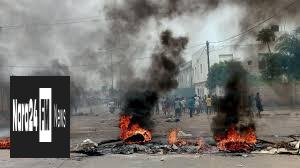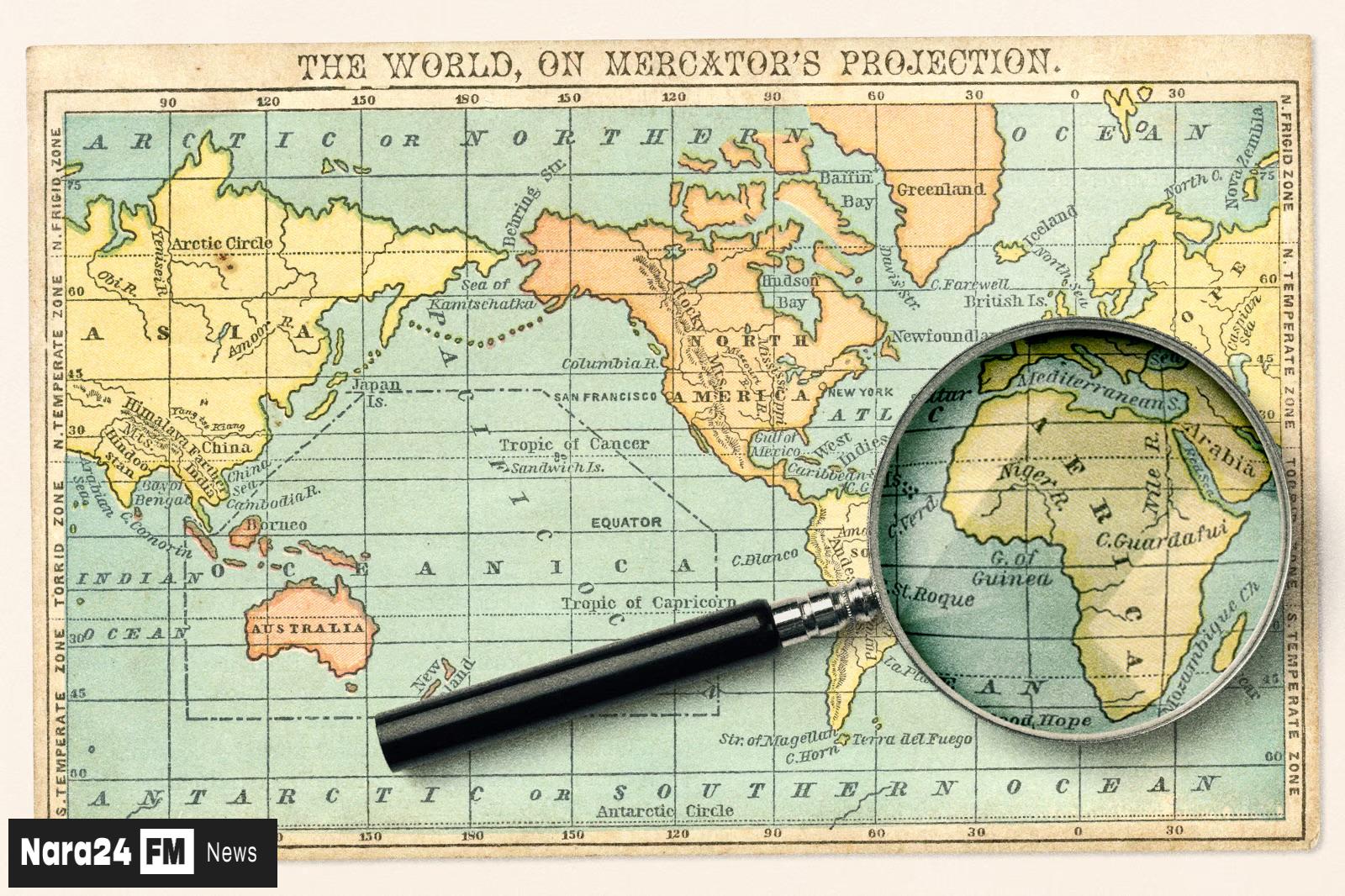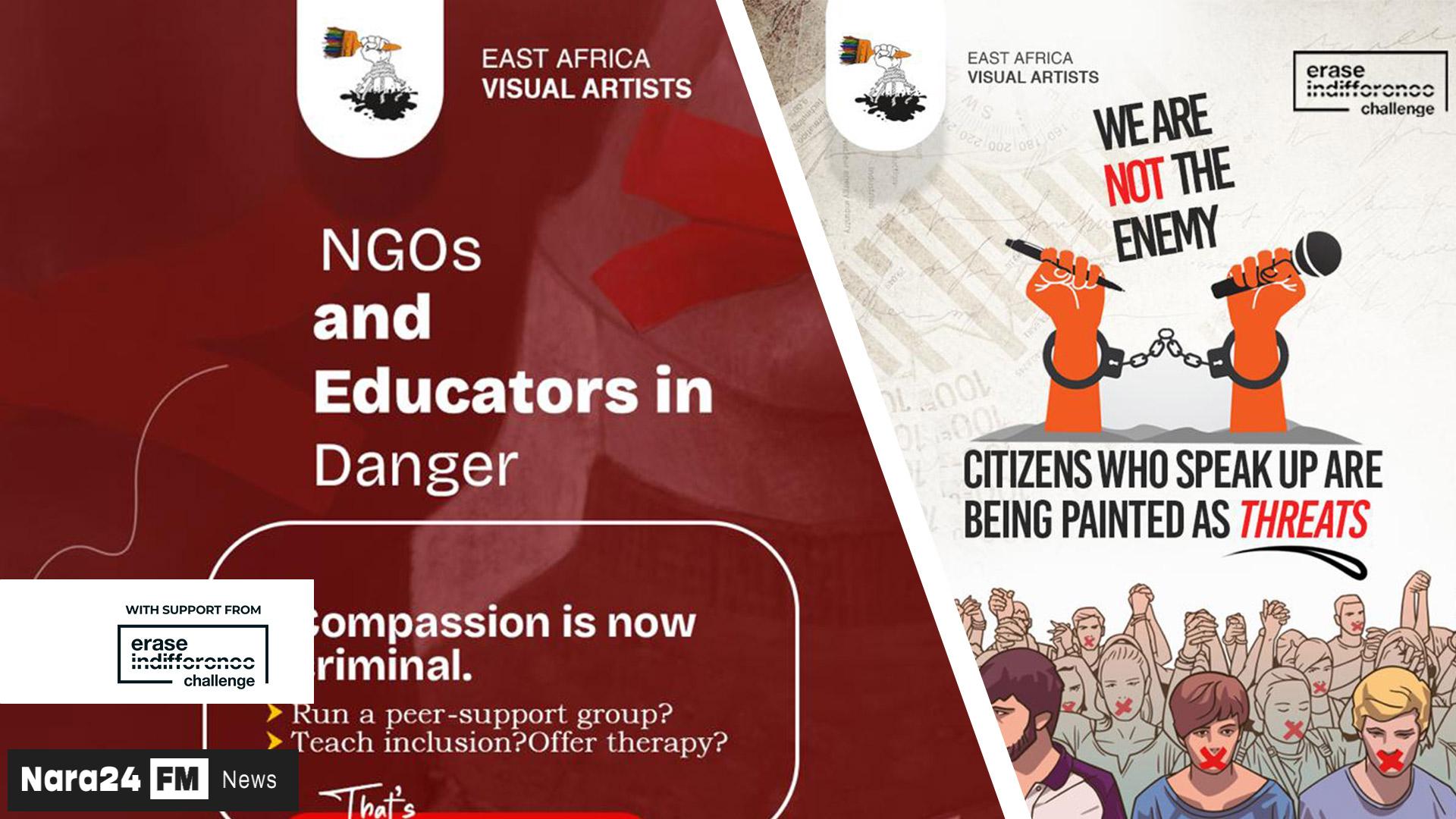Violent confrontations between security forces and demonstrators in Togo have resulted in at least seven fatalities, activists and civil society organizations report, as unrest grows over a controversial political restructuring that critics label an "institutional coup d'état." The deaths, with bodies reportedly retrieved from rivers in Lomé, have been attributed by the coalition Le Front Citoyen Togo Debout to state-backed militias and law enforcement. However, Togolese authorities dismissed the claims, asserting no causal link between the fatalities and the protests, and warned legal action against organizers for allegedly spreading "disinformation."
Protesters, led by youth movements and online activists, initially gathered peacefully in Lomé on Thursday, but demonstrations turned volatile by Friday and Saturday. Anti-riot officers deployed tear gas to disperse crowds, while some demonstrators retaliated with stones and debris. In opposition stronghold neighborhoods like Bè, witnesses described intense street battles as police pursued protesters into residential areas.
The crisis follows Gnassingbé's controversial appointment as President of the Council of Ministers—a newly created role with no term limits—amid sweeping constitutional changes that abolished presidential elections and established a parliamentary system. The reforms, which extend the Gnassingbé family's 58-year grip on power, have ignited widespread fury. The government's justification for banning public demonstrations since 2022, citing "security concerns," has further inflamed tensions.
Civil society coalition National Platform for Civic Space and Development Effectiveness condemned the "excessive force" used against demonstrators, emphasizing that peaceful assembly is guaranteed under Togolese law and international agreements. Despite relative calm returning to Lomé by Sunday, with markets resuming operations, analysts warn underlying grievances remain unaddressed.
The protests gained momentum after the arrest of popular rapper Narcisse Essowè Tchalla (known as Aamron), who was detained and subjected to psychiatric evaluation last month. His case, alongside the ongoing detention of at least three protesters despite the release of over 50 others, has deepened public distrust in the regime. As the West African nation grapples with its political future, calls for accountability and democratic reforms grow louder.









Comments (0)
Leave a Comment
Be the first to comment on this article!